War is one of the harshest realities of human history, and among the countless battles fought, the way Japanese soldiers fought in World War II became a terrifying legend among their enemies. To many foreign soldiers, their tactics were not just aggressive but downright insane. However, was it simply madness, or was there a deeper sense of pride and conviction behind their actions?
Why did Japanese soldiers fight so relentlessly? And could it be that the spirit they carried is something that modern Japan is lacking?
- 1. The Underground Fortress of Iwo Jima and General Kuribayashi’s Strategy
- 2. The Horror of the Banzai Charge
- 3. The Kamikaze Suicide Attacks
- 4. The Nightmares of Guadalcanal – The Silent Japanese Night Attacks
- 5. Hiroo Onoda – The Soldier Who Kept Fighting for 30 Years
- What Japan Should Remember from These Stories
1. The Underground Fortress of Iwo Jima and General Kuribayashi’s Strategy
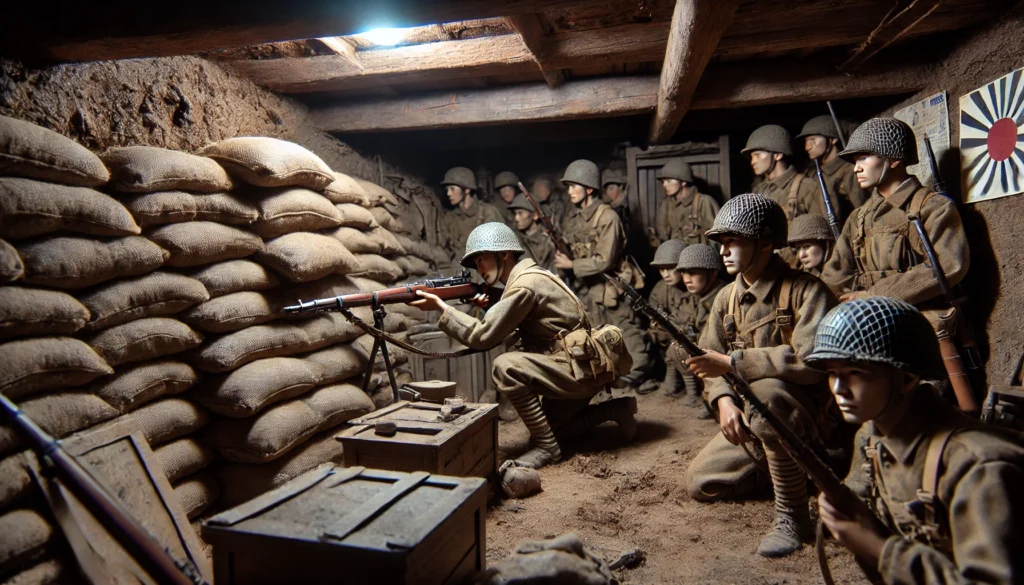
“Rather than surrender, fight to the last man.”
The Battle of Iwo Jima (1945) was one of the most brutal battles for the American forces. With overwhelming firepower and superior numbers, the U.S. military expected to take the island quickly. But what awaited them was a nightmarish resistance.
Japanese General Tadamichi Kuribayashi devised a completely different strategy. Instead of engaging in a traditional open battle, he ordered his troops to dig deep into the island, creating an underground fortress that rendered American bombardment ineffective. This forced the U.S. Marines into a prolonged and grueling fight.
Unlike other battles where superior numbers would ensure a swift victory, Japanese soldiers fought until the very last man, instilling fear in the U.S. forces. After Iwo Jima, American soldiers began to believe, “The Japanese do not surrender.”
2. The Horror of the Banzai Charge
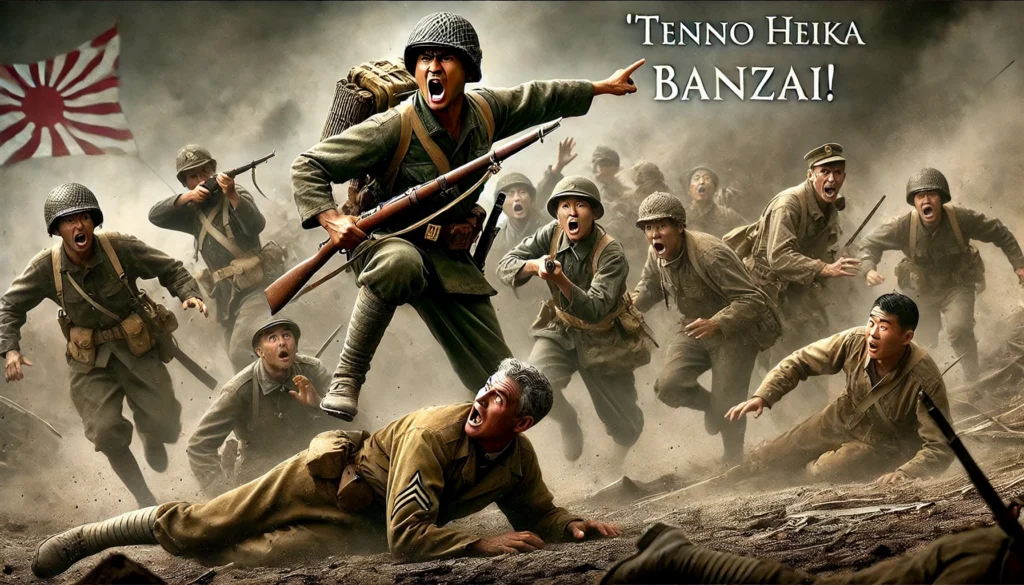
“An attack where death is the objective.”
Among all the Japanese military tactics, the Banzai charge was one that deeply traumatized American soldiers. When defeat was inevitable, instead of surrendering, entire units would charge toward the enemy, screaming “Tenno Heika Banzai!” (“Long live the Emperor!”), wielding bayonets and swords.
In conventional warfare, when a battle is lost, soldiers surrender. But for Japanese soldiers, surrender was not an option—dying in battle was seen as the honorable path.
Imagine the scene: in the dead of night, with no warning, hundreds of soldiers suddenly rise and rush toward you, fearless of bullets, determined to kill as many as possible before dying. To the Americans, it was like facing an unstoppable horde of the undead.
This sheer ferocity left many U.S. soldiers psychologically shattered, and it cemented the belief that Japanese troops would fight to the death, no matter what.
3. The Kamikaze Suicide Attacks
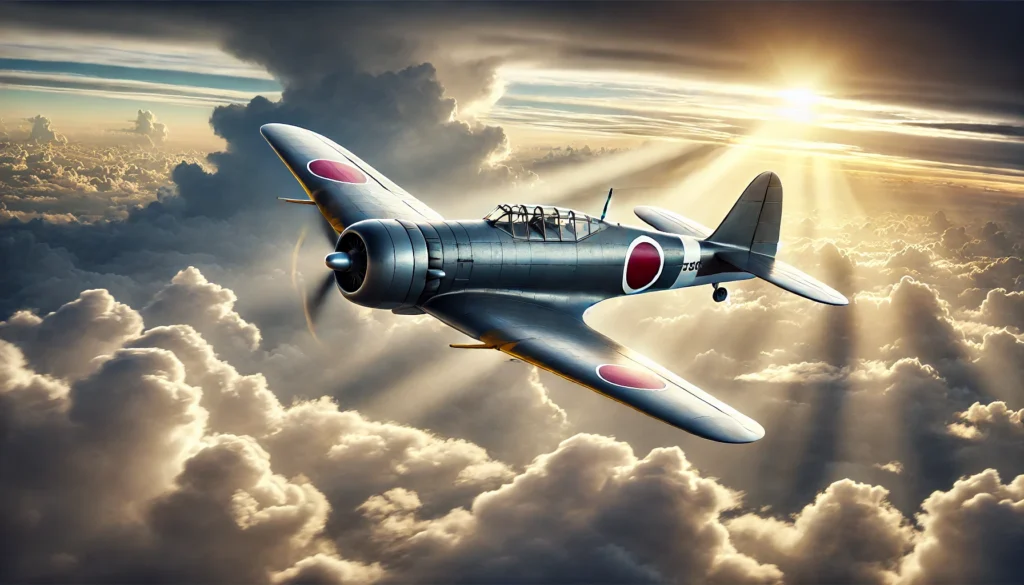
“A human bomb flying straight at you.”
One of the most infamous Japanese tactics was the Kamikaze attack—suicide missions where pilots deliberately crashed their bomb-laden planes into enemy ships. When this strategy was first reported, U.S. commanders dismissed it as an absurd rumor. No sane soldier would willingly die like that… or so they thought.
But when the first waves of Kamikaze attacks struck, the U.S. Navy was horrified. These pilots flew directly into gunfire, undeterred by death. They weren’t just using weapons—they became the weapon.
The psychological impact was profound. American sailors described the fear of watching a plane coming directly at them, knowing there was no way to stop it. The destruction these attacks caused led many in the U.S. military to believe that Japan would never stop fighting unless they were completely annihilated.
4. The Nightmares of Guadalcanal – The Silent Japanese Night Attacks
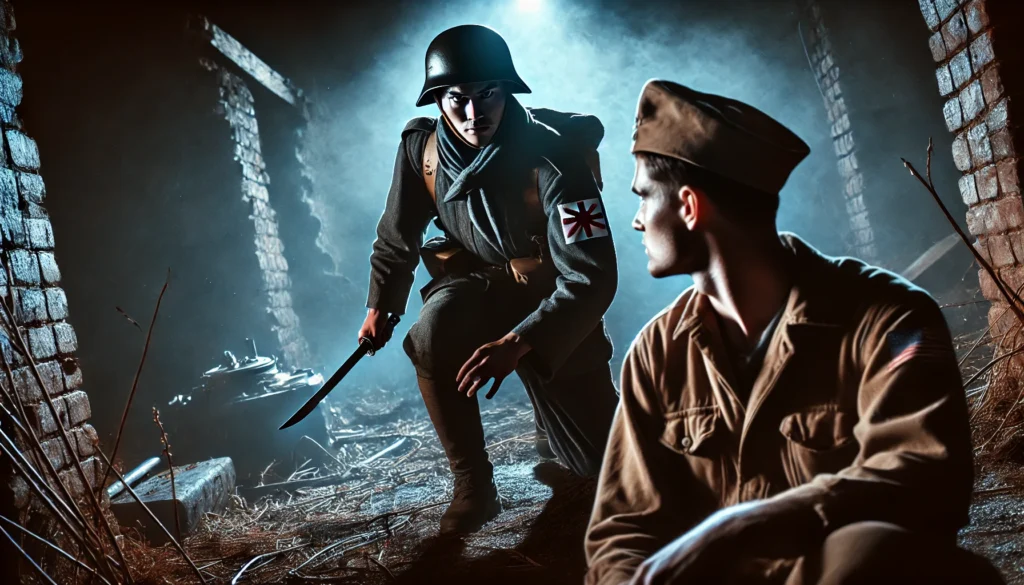
“They come from the darkness, taking lives before you even realize it.”
On the island of Guadalcanal, U.S. soldiers quickly learned that the battlefield didn’t belong to them at night. Japanese forces mastered the art of silent night attacks, sneaking into American camps under the cover of darkness, slitting the throats of sleeping soldiers before slipping back into the jungle.
American soldiers spoke of the “horror of the night”, where their comrades would vanish one by one. The psychological terror was immense—many soldiers could no longer sleep, fearing that closing their eyes meant never waking up.
The U.S. troops, used to conventional firefights, were not prepared to face an enemy that fought like ghosts, striking from the shadows and disappearing without a trace.
5. Hiroo Onoda – The Soldier Who Kept Fighting for 30 Years
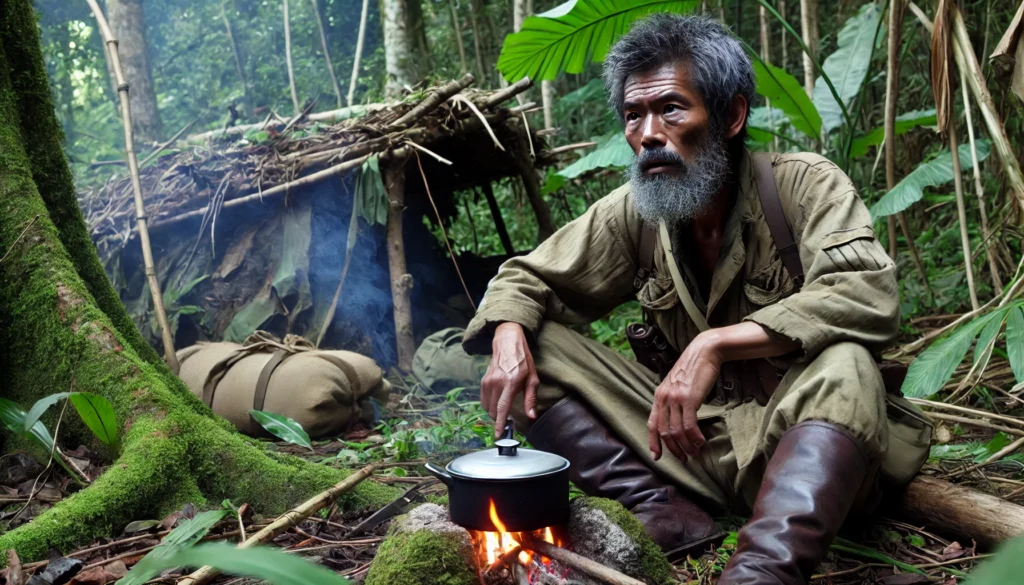
“The war isn’t over until I receive the order!”
While most soldiers fight until a war ends, one Japanese soldier took that concept to an extreme. Hiroo Onoda, stationed in the jungles of Lubang Island in the Philippines, refused to believe the war had ended. For 30 years, he continued his mission, hiding in the jungle, stealing supplies, and attacking what he believed were enemy forces.
Despite multiple attempts to inform him that the war was over, he refused to believe it, thinking it was enemy propaganda. He only surrendered in 1974, when his former commanding officer personally came to the island and gave him a direct order to lay down his arms.
To the world, this was a bizarre and almost unbelievable tale. But to Onoda, he was simply fulfilling his duty as a soldier—following orders and fighting for his country until the very end.
What Japan Should Remember from These Stories
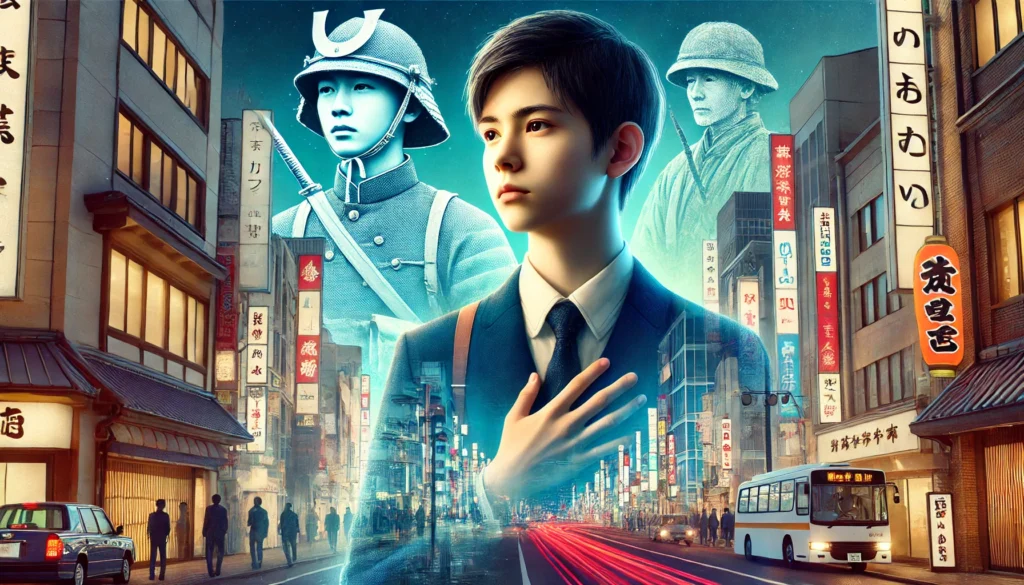
To many foreigners, these stories seem insane. The idea of soldiers fighting to the last man, choosing death over surrender, or continuing a war alone for 30 years is incomprehensible. But for those Japanese soldiers, it wasn’t just about fighting—it was about honor, duty, and devotion to their country.
Of course, war is not something to glorify. The suffering and destruction it brings should never be repeated. However, we, as Japanese people, should not simply dismiss the spirit of those who fought.
They had conviction. They had loyalty. They had a deep sense of responsibility to their homeland.
And today, in modern Japan, can we truly say we still have those values?
Japan is now a peaceful and prosperous nation, but in our pursuit of comfort, have we lost the strength and determination that once defined us? Have we become afraid of commitment, of sacrifice, of standing firm for what we believe in?
We do not need to repeat the past, but perhaps, we should remember and learn from it. The resilience, the dedication, and the unwavering spirit of those soldiers—that is something Japan should never forget.

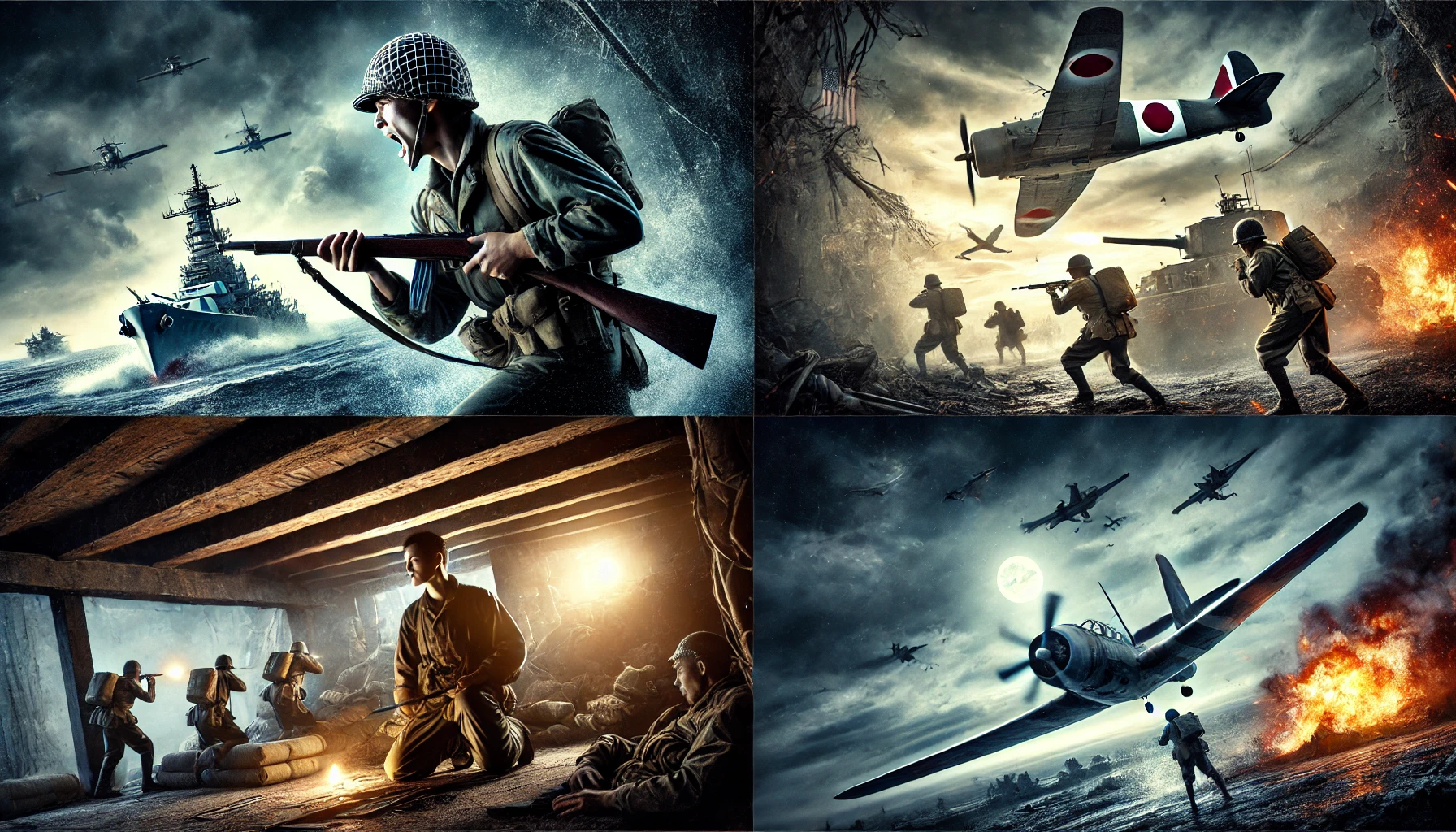


Comments